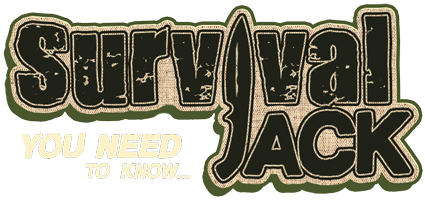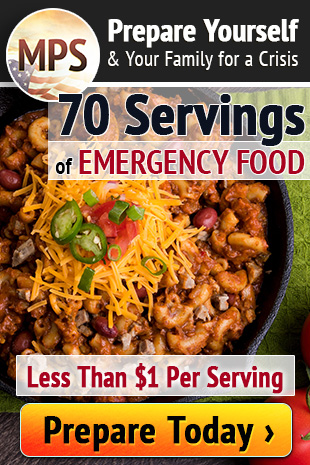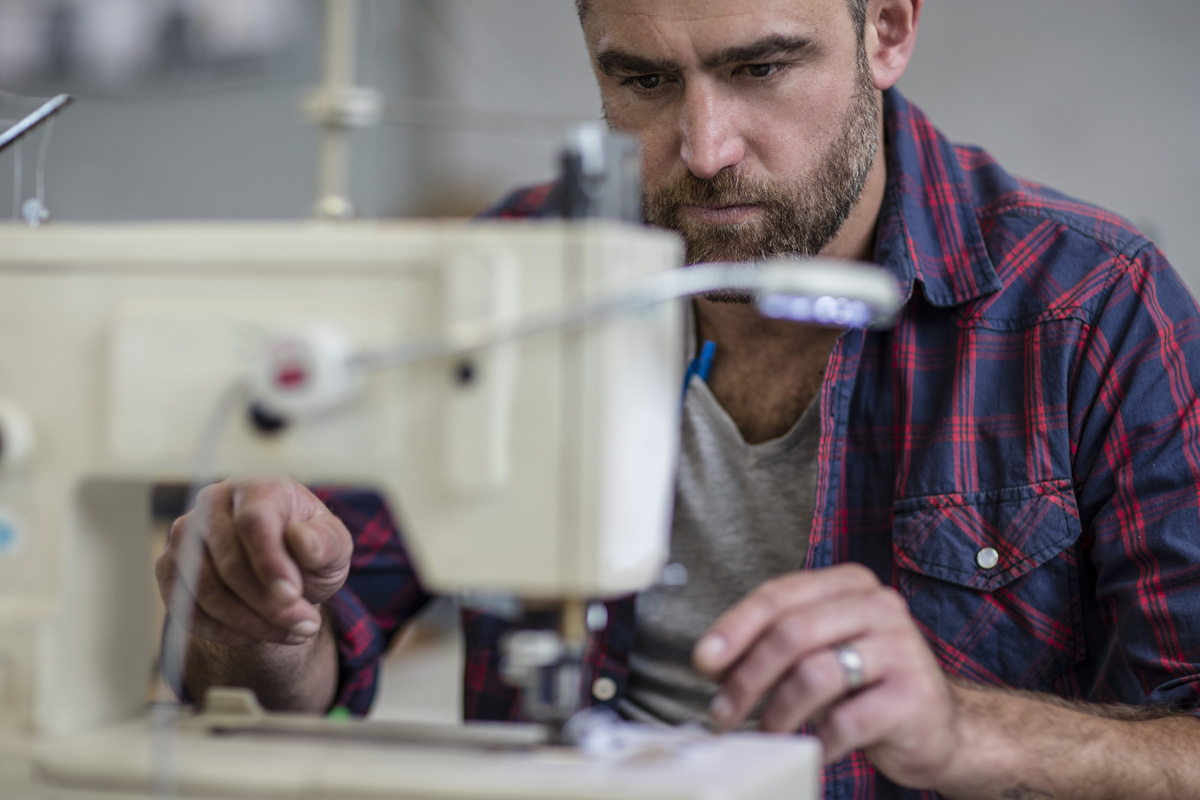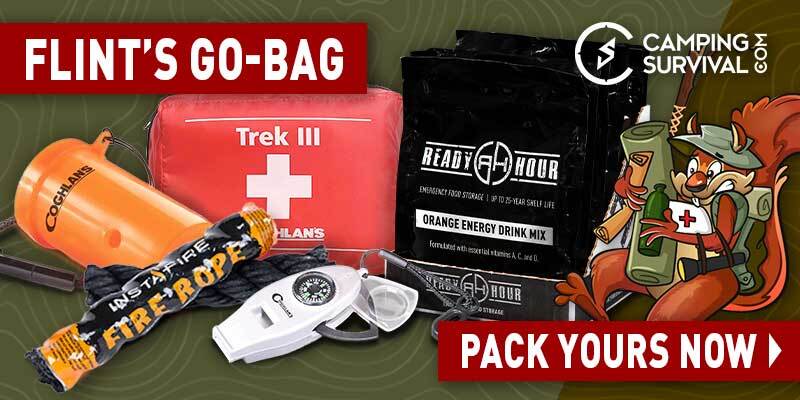on
For many people when they hear the words “preparedness” or “prepper” they think only of stockpiling food and weapons. But there is so much more to preparedness than just stocking up.
If something like an EMP were to occur, there is a whole range of life-sustaining skills that our grandparents likely knew, but we have never had hands-on experience with. Skills like cooking from scratch, gardening, sewing or even correctly putting up wood for the winter.
Here is a list of some skills you may want to learn either through
in-person classes or through watching you-tube videos. Once you have acquired a skill make sure you
practice it at least occasionally so you don’t lose that hard-won knowledge.
Cooking Skills: The ability to cook a meal from scratch.
Learning how to cook from scratch, with basic ingredients that don’t get poured out of a can, is one of the most important self-reliant skills you can have. If you’re serious about preparedness, especially if you’re in the process of getting started with emergency food storage, learning how to cook from scratch is something you cannot afford to ignore.
You might be surprised how many young people are not used to cooking even something as simple as scrambled eggs, let alone a full meal. In a day and age where eating out is common, cooking skills often are not being passed along to the next generation.
Healthcare Skills: The ability to care for yourself and your family without a doctor.
These days’ people seem to go to the doctor for every little thing that’s wrong. A stuffed up nose; head to the doctor. Stubbed your toe; trip to the emergency room. Have a headache; time for some high-powered painkillers.
Unfortunately, our society has become dependent on doctors, high-power medications, and trips to the local pharmacy. But a couple of generations ago, most people knew how to take care of themselves; they knew how to get better without rushing out to the doctor or pumping themselves full of drugs that often create more side effects than the actual condition.
Growing & Foraging Skills: The ability to grow your own food and forage wild edibles
What will you do when the selves at Walmart are empty and all you have left in your home are some canned vegetables and spaghetti noodles? Do you have the physical endurance to complete these tasks on a daily basis?
Gardening and farming require more than throwing a seed into some dirt and watering it. And finding food that grows in the wild that will not kill you is always a good skill to have. Learning some of the basics of gardening and foraging now could give you a little head start if this ever becomes necessary in the future.
Sewing skills: The ability to make or repair clothing, quilts, blankets
When you can no longer shop in a store, do you know how to make clothing, or to repair what you already have? There is more skill than one might think to sewing, plus this skill allows you to make custom items now for everything from a pack to a particular type of clothing.
Along with sewing skills would come spinning, weaving, felting, knitting or crocheting skills too. While not everyone needs to have the same skills, knowing at least the basics of a few of these gives you a lot of options for barter.
Livestock handling skills: The ability to safely work with livestock and provide them medical assistance
Working with livestock, even chickens can be dangerous if you don’t know what you are doing. Knowing how to work with animals safely and how to be your own vet can go a long way to keeping your animals healthy and producing for you whether they are for meat, dairy or fiber.
Hunting, trapping & butchering skills: The ability to provide meat for your family
If your family are not vegetarians, you need to know how to procure meat when it isn’t in a neatly wrapped package from the grocery store. There are many different methods of hunting, and you need to know when each method is better suited.
You also need to be able to properly butcher an animal to make the most of the meat and to make sure it is safe for your family to eat.
Carpentry & Construction skills: The ability to build or repair simple structures.
You don’t need to know how to build an entire house, but you should be able to build a small shed or livestock building. These skills also include being able to basic home repairs as well.
Keep learning and adding to your skills bank
This is hardly an exhaustive list, but one that should get you started thinking about what skills you have, what skills you need to improve on and which ones you are interested in learning. You don’t need to know them all, but having at least some basic knowledge is helpful and then you can pick those that appeal the most to you to specialize in.
Check your local community college for community classes as well as your county extension office for a list of classes they offer. You will be surprised what you can get lessons including everything from keeping backyard chickens, first aid, and furniture building to blacksmithing, gardening and sewing plus much more and usually at little to no cost.
Get access to premium content and more!





